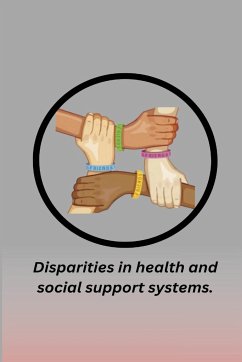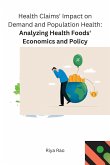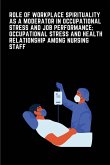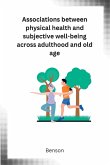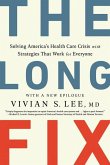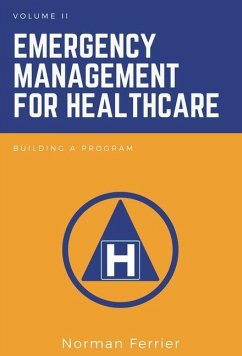all countries of the world on the basis of different health indicators (see, e.g., Mackenbach et al., 2018; Marmot, 2005). However, the sentence does not ask about your own income, but about the income of your friends. Is this information really meaningful? Does it really make a difference to your own health which friends you have, who you surround yourself with in your everyday life and what social position these people have? In scientific terms, this sentence establishes a connection between the social position of actors in a person's network of relationships and their own health behavior, morbidity, and mortality. The information about the social status of a person's friends-they may also be family members, colleagues, neighbors, or other more distant acquaintances-is thus intended to provide us with conclusions about health behavior, susceptibility to certain diseases and life expectancy, and possibly about stratum-specific differences in health. If family members live together and share a common household, it is likely that they will have similar health behavior, health risks and stresses, and influences on life expectancy and hereditary diseases. But do people from an individual's wider circle of friends and acquaintances also have an influence on their own health?What new perspectives and insights in connection with health and health inequality can the examination of social relationships yield? This question will be addressed in the contributions to this anthology. The authors ask not only whether individual social relationships (such as a friend who smokes and encourages others to smoke) have an influence on individual health, but also the interaction within one's own social network. Is someone's health or health behavior more influenced by people who are similar or dissimilar? In short, the contributions in this volume ask whether the structure of social relationships-the social networks in which we are all embedded in our perception, thinking, and acting-has an influence on us in that we are more likely to feel psychologically distressed, fall ill, or die earlier than others. This also raises the question of whether the study of social networks and the occupation with sociological and now interdisciplinary network research can contribute to understanding and explaining health inequalities. This anthology is the result of several years of collaboration between researchers from different disciplines (sociology, medical sociology, psychology, public health, education, health sciences) with different theoretical and methodological orientations. The collaboration has been funded by the German Research Foundation (DFG) as the Scientific Network "Social Networks and Health Inequalities (SoNegU)" for a period of four years since 2016. The aims of the network were (1) to make sociological network research better known, especially in the German-speaking health research community, and (2) to make the network perspective fertile for the explanation of health inequalities. The aim of this book is to present the current state of research, identify research needs, and point out perspectives for future research. This introduction aims to show that the inclusion of the network.

